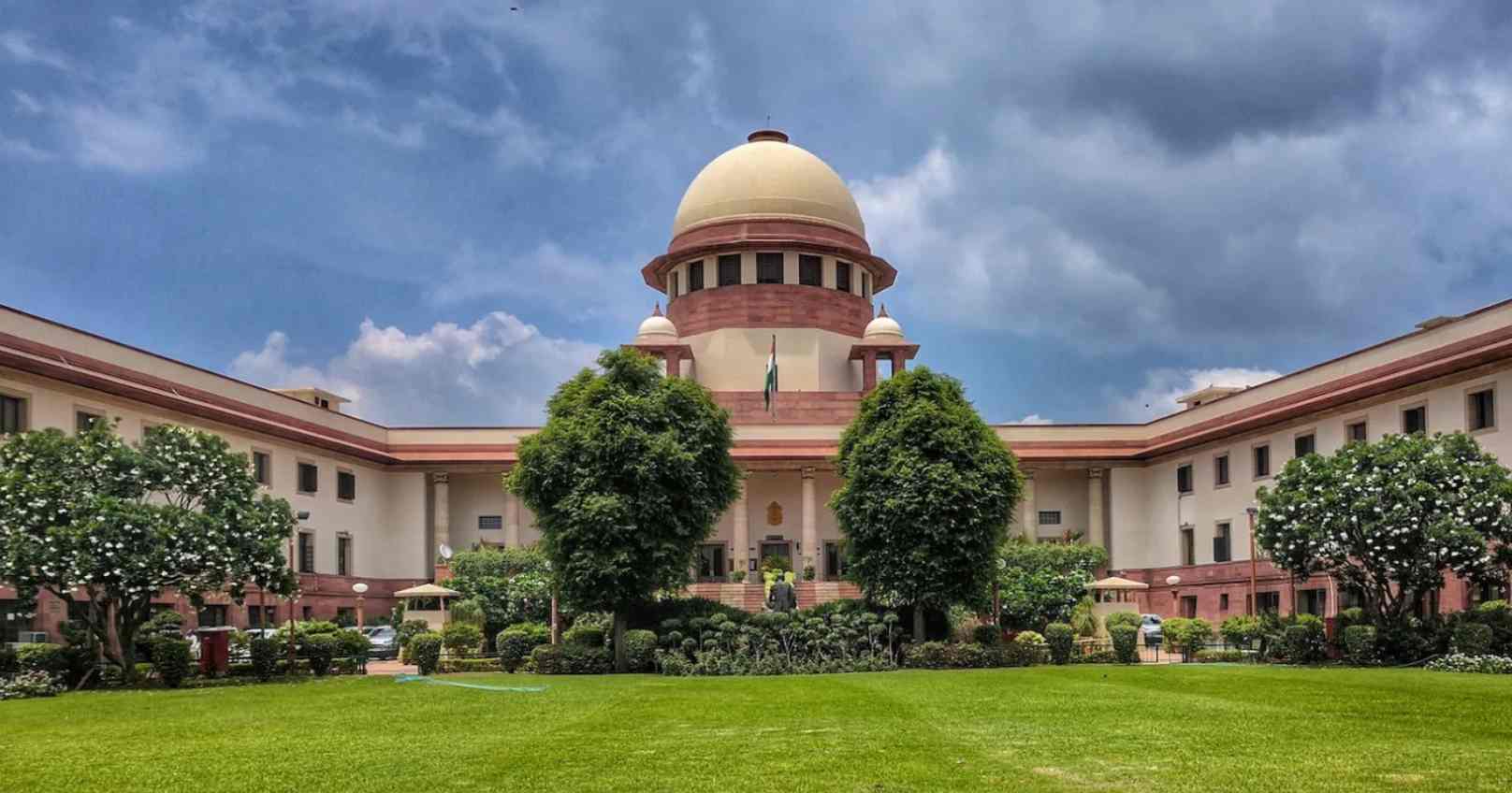Supreme Court Relaxes GRAP-IV Measures as Delhi's Air Quality Improves
The Supreme Court has approved easing GRAP-IV restrictions in Delhi-NCR after a notable improvement in air quality, with the AQI now categorized as 'moderate'
05-12-2024The Supreme Court on Thursday approved the easing of Graded Response Action Plan (GRAP) Stage IV measures in Delhi, following an improvement in air quality. The decision came after the Commission for Air Quality Management (CAQM) informed the court that the measures under GRAP IV were no longer necessary.
GRAP measures are implemented to combat air pollution in Delhi-NCR, which has faced persistent smog and hazardous air conditions over the past month. On Thursday, the city’s Air Quality Index (AQI) was recorded at 161, categorised as "moderate," according to data from the Central Pollution Control Board (CPCB). This marks a significant improvement after weeks of poor to severe AQI levels.
An AQI between 0-50 is deemed "good," while 51-100 is "satisfactory," 101-200 "moderate," 201-300 "poor," 301-400 "very poor," and 401-500 "severe." Following Diwali, Delhi's AQI frequently hovered in the "poor," "very poor," and "severe" categories, causing health issues such as respiratory distress among residents.
GRAP-IV, the strictest stage of the action plan, includes measures like banning BS-IV and older diesel-operated medium and heavy goods vehicles registered in Delhi, except those used for essential services. The restrictions were introduced to curb emissions and improve air quality in the capital.
Air pollution in Delhi-NCR is attributed to multiple factors, including stubble burning in Punjab and Haryana, industrial emissions, and weather conditions. Stubble burning remains a significant contributor, and efforts are underway to promote the use of paddy residue for industrial purposes and animal feed.
The National Green Tribunal (NGT) has also been addressing the persistent air pollution crisis. On Tuesday, the tribunal sought a response from the central government regarding pollution levels in Delhi. Referring to a study by the Centre for Research on Energy and Clean Air (CREA), the NGT noted that emissions from thermal power plants were reportedly 16 times higher than those caused by stubble burning.
Additionally, adverse weather conditions, such as calm winds and falling temperatures, have contributed to the pollution crisis. These conditions, known as cold air traps, prevent the dispersion of pollutants by trapping dust, smoke, and harmful particles in the atmosphere.
While the relaxation of GRAP-IV measures signals improvement, authorities continue to monitor the situation closely to prevent further air quality deterioration in the region.


A PIL by Sanvedana Foundation challenges the IRDAI’s 2020 circular allowing insurers to exclude ep
Read More
A Delhi court has ruled against releasing hotel CCTV footage in a case involving two Army Majors, ci
Read More
Chief Justice BR Gavai has pushed back against criticism of the judiciary over case backlogs, saying
Read More